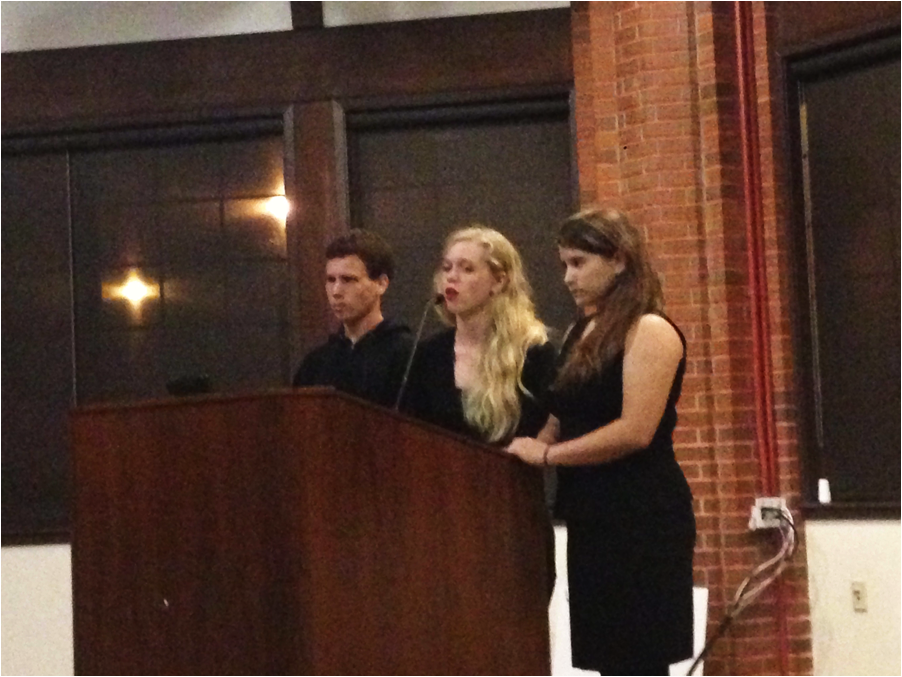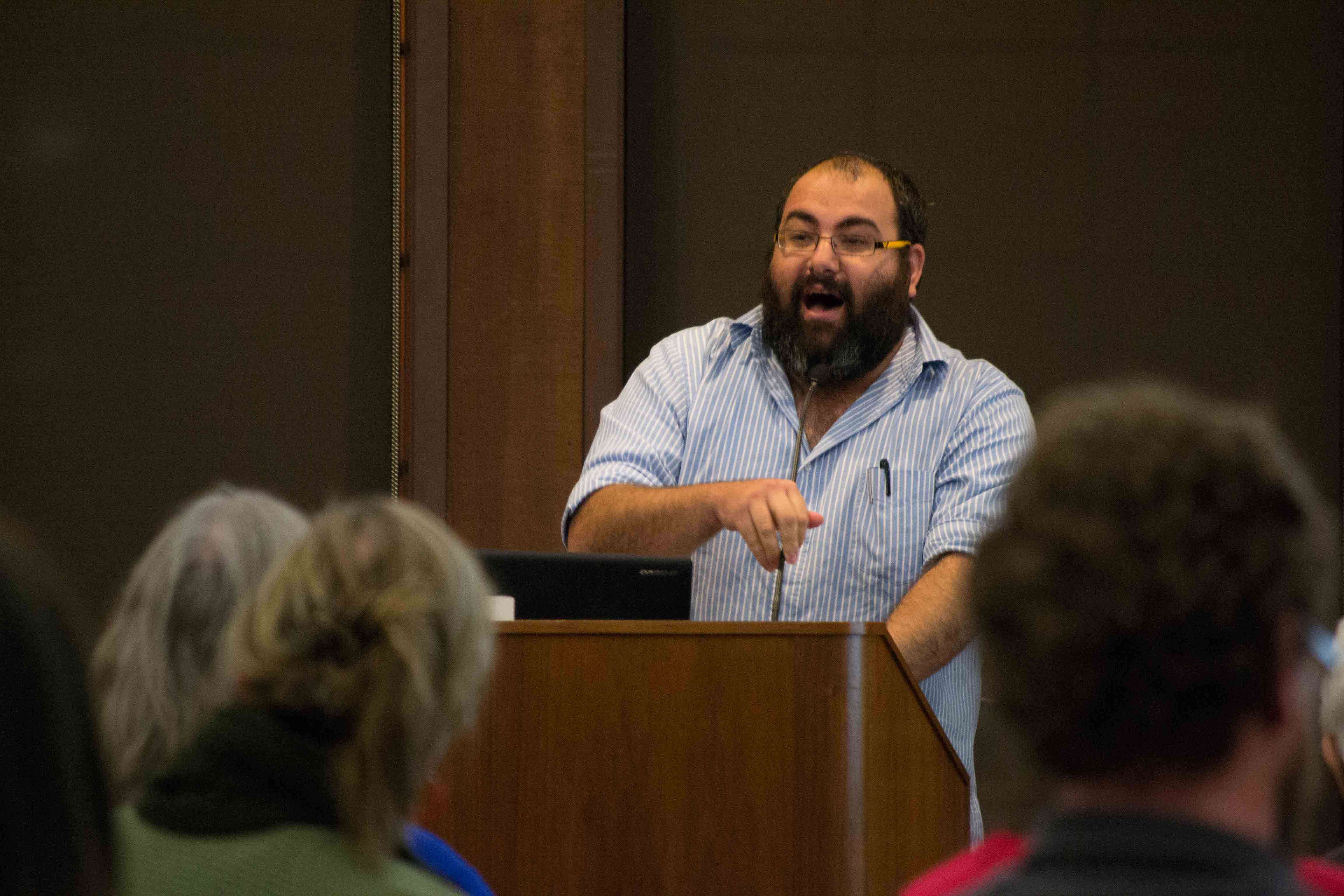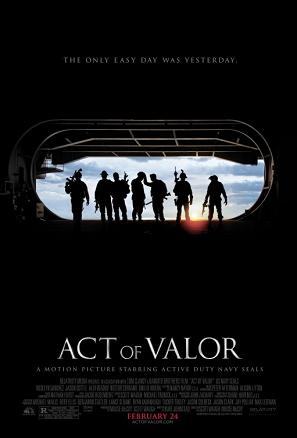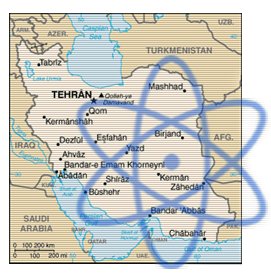
This summer, the tensions and conflicts within the Palestine-Israeli occupation culminated in a tragedy that left thousands dead and continues to do so. While this topic is very politically charged, it is also very emotionally damaging. J-Street U and Hillel, with the help of the Muslim Student Association and the CSCE, hosted a vigil Sept. 23 in the Rotunda. The vigil was designed to honor and respect those who have been affected by loss resulting from the violence.
Lindsey Conrad, the Northwest Regional Co-chair for J-Street U, helped open the vigil and guided it through out.
“We can all agree that the violence needs to end as does the occupation and that peace is necessary. While opinions on how to attain peace differ from person to person, we can all agree on the end goal; that ending the occupation and preventing violence is necessary,” Conrad said. “We want to create a space here tonight that honors that sentiment and really encourages us to come together.”
To begin, the student leaders who made the vigil possible read passages, poems, songs, and prayers from varying religions and ideologies. The guests were given pamphlets so that they could follow along and a clear effort was made to make the space as inclusive as possible. Alissa Charnovia, the co-president of Hillel, was another major player in putting the Vigil together.
“For us, it is such a politically charged issue and there are so many political venues for it. There hasn’t really been a venue yet where people are allowed to take a step back and acknowledge the fact that there are lives lost and that’s not OK,” Charnovia said. “It doesn’t matter what faith or what ideology they belong to, there were lives lost period, end of story, it’s not OK. This event was about giving people the tools for spiritual healing, for seeing what was going on and making them start question things.”
Dave Wright, the Director of Civic Engagement and Chaplain spoke briefly after readings.
“Too often, campus leadership on the faculty and staff and campus leadership within the different student clubs can’t even talk to each other,” Wright said. “On this drenching night, we have chosen to come together, and to come together from different clubs and backgrounds representing concerns and loss and hurt in lands far away from us physically, but close to many of us spiritually.”
The floor was then opened up for students in the audience to come forward and share their experiences, thoughts and writings for the occasion.
“I invite us to keep the tenor knowing that there are spaces and times where it is necessary to have the hard political conversations… that this is truly a time for spirit and art, not to take a stand or take a position except for that there is grief,” Wright said.
“We as people who respond to the need from whatever story are called to respond to that grief with compassion, with care and with community.”
The students who came forward and spoke did honor the purpose of the vigil as some shared personal stories of how the violence has touched their lives and others shared poems and prayers from their countries that are written with healing and compassion.
To end the event, the attendees were invited to help create the chain of ribbons that is now on display in the Piano Lounge next to Diversions. In the weeks leading up to the vigil, Charnovia and others involved with the vigil spent many hours writing down the names of those who have died in the conflict on strips of blue, white and green fabric. There are almost 1,000 strips of fabric, but that is not even half of the people who have died in the conflict.
“Palestinian deaths greatly outweighed Israeli deaths, especially in terms of civilians. Most of the Israeli deaths were military. Those numbers aren’t OK with me. I think it’s one thing to have military people who sign up for something and know that [death] is possible, and I think it’s another thing for people to be killed when they weren’t asked. They weren’t given a choice,” Charnovia said.
“I think that’s something that we need to say is not OK, I think it’s something we need to be really loud about. Even though it was a muted safe space, I think the fact that we had a vigil was noise.”
The vigil and tying the ribbons to the string not only allowed students to recognize the grief that they were feeling, but also created a space on campus where the conflict could be discussed without fear.
The conflict and violence in Palestine and Israel have not ceased and it continues to affect the global political scheme every day. Taking a moment to recognize loss and shared grief is just as important as debating on how to solve this problem.



